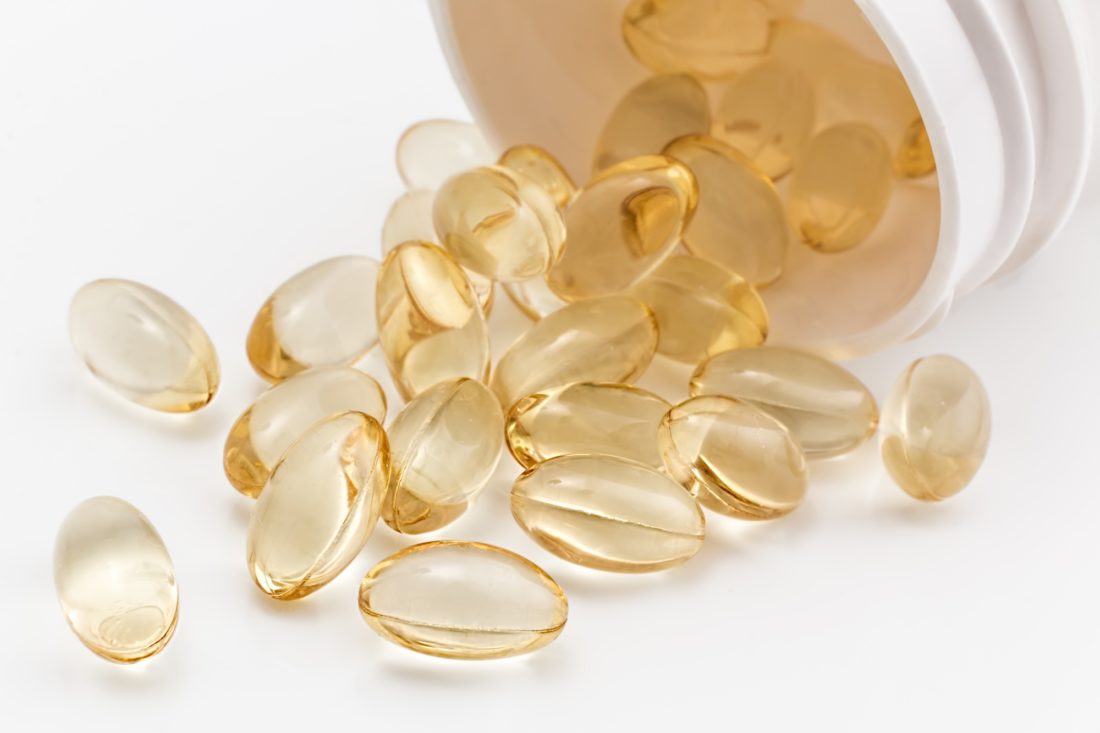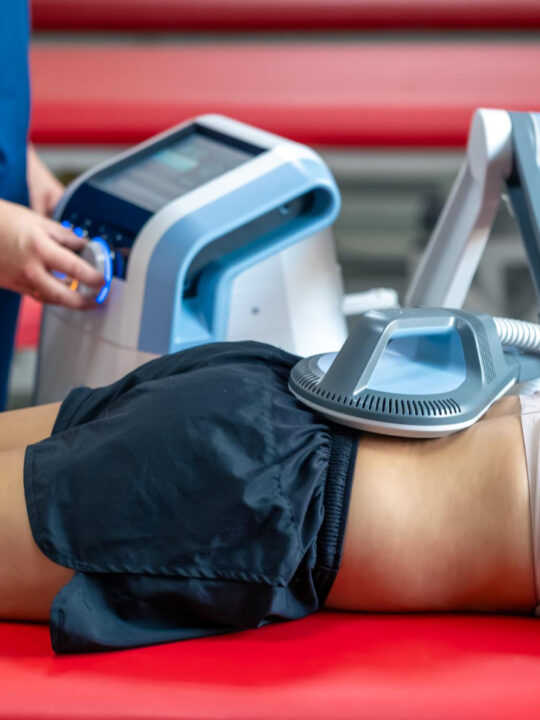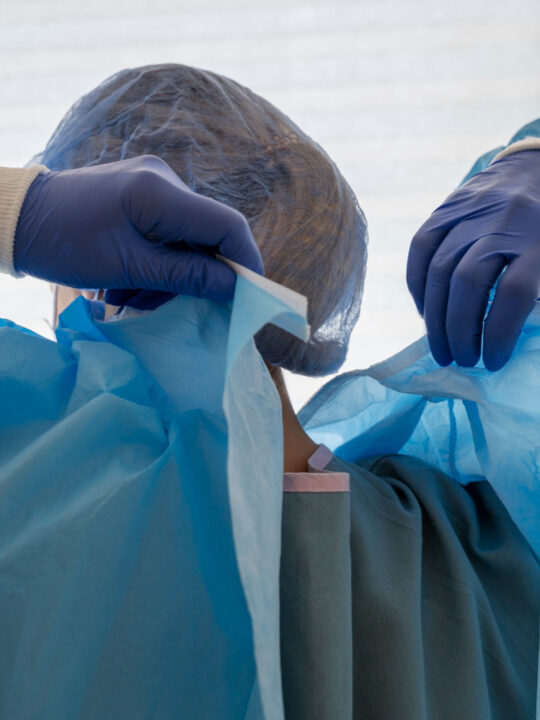 By 2024, the global nootropics market will reach $5.959 billion.
By 2024, the global nootropics market will reach $5.959 billion.
These include supplements, drugs, and other substances—including caffeine.
At one point or another, we’ve all taken a prescription or over-the-counter nootropic, even if we didn’t recognize them by name.
Nootropics are designed to boost our mental performance. They’re also known as cognition enhancers or memory-enhancing substances.
Despite this growing popularity, more people are asking the same question: are nootropics safe?
Keep reading our guide on these smart supplements to find out!
Table of Contents
What Are Nootropics?
We can split nootropics into two categories: prescription versus over-the-counter.
Sometimes, a doctor will prescribe a nootropic to treat a medical condition. These medications have stimulant effects that can counter the symptoms of:
- Attention deficit hyperactivity disorder (ADHD)
- Narcolepsy
- Alzheimer’s disease
A few prescription nootropics include:
- Modafinil (Provigil)
- Adderall
- Methylphenidate (Ritalin)
- Memantine (Axura)
People shouldn’t take these nootropics without a doctor’s prescription. Like any prescription drugs, these medications come with a list of side effects, such as:
- High blood pressure
- A fast heart rate
- Insomnia
- Issues with vision
- Addiction
Nonprescription substances can also work as nootropics to enhance brain performance. While they don’t treat diseases, they can still help mental functions, including thinking and memory.
A few examples include:
- Caffeine
- L-theanine
- Omega-3 fatty acids
- Racetams
- Ginkgo biloba
- Panax ginseng
- Creatine
- Bacopa monnieri
- Rhodiola rosea
You should speak to your doctor before taking these smart supplements. In some cases, supplements can interact with the medications you’re taking. Check with your doctor first and ask: Are nootropics safe in combination with my other medications?
What Makes Nootropics Safe?
Since many non-prescription nootropics are considered nutritional supplements, they don’t have to undergo clinical trials.
Pharmaceutical drugs aren’t considered safe until their safety and side effects are confirmed through a trial. Over-the-counter nootropic supplements, on the other hand, are considered safe until proven otherwise.
So how can you answer the question “are nootropics safe” before taking them for yourself? Here are a few ways you can confirm you’re only taking the safest nootropics.
Clinical Research
Reviewing human clinical trials is the best way to confirm a nootropic’s safety.
When substances are administered in a clinical setting over time, researchers can determine side effects and safety concerns for public review.
Before taking smart supplements, see if there’s any clinical research that indicates they’re safe. Review any noted side effects as well.
According to some research, people who use prescription nootropics might experience increased impulsive behavior. For example, some patients have exhibited risky sexual practices after taking nootropics to improve brain function.
Advanced Forms
There are two types of advanced nootropic forms that offer safety advantages. These include branded nootropics, which will have the registered trademark, and standardized nootropic herbs.
Branded nootropics undergo a patented process that will improve their safety and reduce side effects.
Many branded nootropics also undergo human clinical research to confirm they’re safe for consumption.
Standardized nootropic herbs are considered safe because the active ingredient is calibrated to an exact percentage. Often, these calibrations are based on other clinical studies.
Choosing a high-end, advanced form nootropic will ensure quality and safety.
Careful Formulation
A safety-conscious nootropic formula will start with a minimum effective dosage. This means the nootropic started with a clinical-range dosage. These formulas also avoid adding addictive stimulants such as caffeine.
Manufacturing Practices
If you’re still asking “are nootropics safe,” check for manufacturers that use Good Manufacturing Practices (GMP). These are a set of guidelines developed by NSF International, a public health and safety organization.
To receive a GMP certification, the manufacturer will need to follow a strict set of rules. For example, the facility will require sterile equipment, air filtration, and climate control to avoid cross-contamination.
The raw ingredients will also require screening to test for dangerous microbes.
Equipment will also require maintenance to make sure they’re producing safe products.
Delivery
After production, the best way to ensure the safest nootropics stay safe is through proper delivery. Some manufacturers use questionable ingredients for the capsules and additives. For the best nootropics, it’s best to avoid:
- Artificial colors
- Artificial preservatives
- Soy
- Carrageenan
- Gluten
The safest smart supplements will also avoid ingredients associated with common allergies, such as dairy and nuts.
Tips for Taking Nootropics Safely
There are a few ways you can determine if nootropics are safe or not.
First, talk to your doctor. If there’s a nootropic that’s piqued your interest, print out the supplement facts. Review the information with your doctor and let them know you’re concerned about safety issues.
Next, make sure to read the label and follow the manufacturer’s directions.
Taking too much of a good thing is always dangerous. Make sure you keep to the prescribed dosage. Again, this is a good time to talk to your doctor.
Your doctor can also help you avoid stacking too many nootropics, supplements, and prescription medications. As mentioned before, one product might have adverse effects when taken with another.
You might also consider cycling. This involves taking a nootropic every day for a determined time period.
Then, you stop taking it. This will give your brain a break before you start taking the nootropic again.
When Is It Unsafe?
In some cases and stages of life or health, smart supplements aren’t considered safe to use. For example, it’s best not to take nootropics if you’re under the age of 18. At this point, your brain and body are still in development.
It’s also not advised to take nootropics if you’re pregnant, nursing, or want to get pregnant.
If you’re about to have surgery or battling a serious medical condition, nootropics also aren’t advised. Reconsider taking these smart supplements if you’re taking brain-related medications as well. After all, you won’t want to cause a potentially dangerous interaction.
When in doubt, speak with your healthcare professional for guidance.
The Verdict Is In: Are Nootropics Safe?
Let’s review. Are nootropics safe?
In a short answer, yes. However, it’s important you choose the right nootropics (based on production and ingredients). You also want to make sure you’re taking them in the right way and not overdosing.
By taking nootropics safely, you can boost your brainpower and overall health.
Explore the rest of our blog for more helpful tips.







